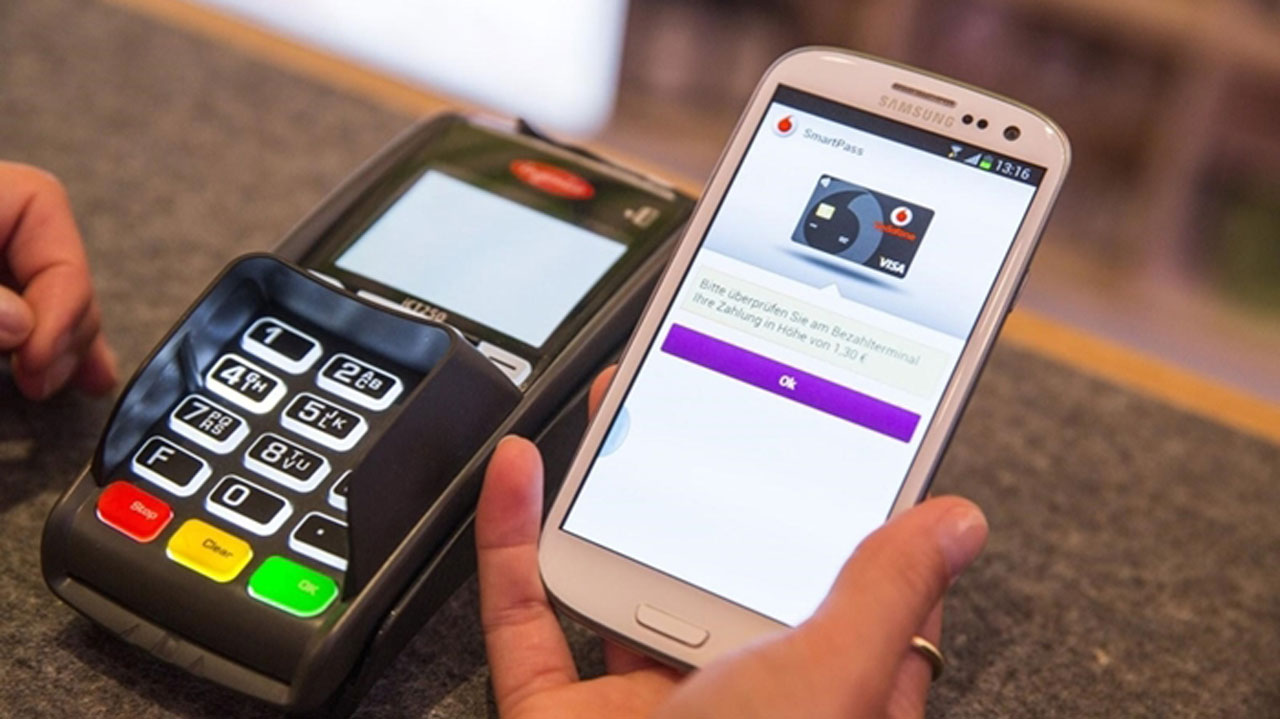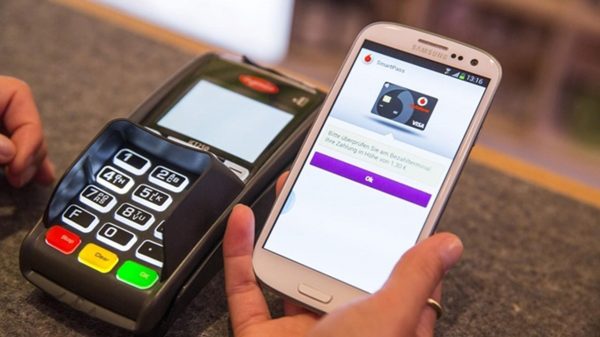Nigeria is home to one of the more vibrant banking industries in Africa. Some of its household names are emerging players on the continent; they’re setting up subsidiaries and acquiring smaller banks in the countries they target.
Read more about FinTech
But back home, they haven’t particularly captured all that’s on offer. Large swathes of Nigeria—especially rural and semi-urban areas –remain financially underserved. For many, reaching the closest commercial bank requires taking long, costly trips.
In recent times, banks have begun to solve this problem. They’re extending their presence through banking agents. These individuals typically set up small kiosks, from which they provide banking services to people in their vicinity.
Today, these kiosks are everywhere. You’ll find them in rural areas and urban districts, usually by the street or roadside. More of them seem to pop up every other day. They have become a ready alternative to formal financial institutions, and the people who use them are grateful for their presence.
But what sort of impact is agency banking having? Are they really that big a deal in the grand scheme of things?
An Alternative To Insufficient Banking Infrastructure
The obvious role of agency banking is its supplementation of insufficient banking infrastructure.
There aren’t enough banks to serve Nigeria’s growing population. According to data from the World Bank, there were only 4.3 commercial bank branches per 100,000 Nigerians in 2018. That’s down from 6.5 per 100,000 in 2010. These numbers translate to crowded banking halls, long queues at ATMs, and a significant population of people who don’t use banking services at all (more on this later).
But we’re also short of alternatives. For instance, the CBN says that there were 18,910 ATMs in 2018. That number fell to 17,518 in 2019—well below the country’s target of 58,241 ATMs. Also, the number of active POS devices declined from 217,283 in 2018 to 186,774 in 2019. That too was well short of the country’s target of 795,858.
Sign up to the Connect Nigeria daily newsletter
As a report from the EFInA (Enhancing Financial Innovation and Access) shows, the limited, thinly-spread banking infrastructure is partly to blame for the relatively high number of unbanked people in Nigeria. It notes that 27% of people without a bank account pin this on banks being too far from where they live. A further 15% of the unbanked say it costs too much to reach a bank.
Given this situation, it’s easy to see why people will turn to bank agents where they are available. But there’s more going on here besides a shortage of banks and alternatives. We’ll explore this next.
Closing The Gap Of Financial Exclusion
The promise of agency banking goes beyond filling the gaps left by formal financial institutions, to reach the financially excluded.
Nigeria has made some progress in this regard. The EFInA report cited earlier reveals that, in 2020, more people were using formal financial services than those who were not—a 51% to 49% split—for the first time since records began.
On the whole, 64% of Nigerian adults (people aged 18 and above) were financially included. This is less than the 80% target set in the Financial Inclusion Strategy. Ashley Immanuel, CEO of EFInA, submitted that it could take Nigeria another ten years to reach the goals it had initially fixed for 2020.
Despite the missed target, there’s some bit of good news to mull over. Much of the growth that has been recorded has been led by banking. About 45% of Nigerians were banked in 2020, a climb from 40% in 2018.
There’s also been a sharp increase in the percentage of banked people who use agency banking. In 2018, only 3% of them used accessed financial services via this means. By the end of 2020, that number had shot up to 19%. This growth will likely continue, as agency banking penetrates more rural areas, where two-thirds of Nigerians live.
The Future Of Agency Banking
Banks aren’t the only players in the agency banking space. FinTechs like Paga, TeamApt, Palmpay, and Opay have several thousand hundred super agents providing financial services to people across the country. They more than augment the number representing established commercial banks.
At the moment, agents help their customers with such services as cash withdrawal and deposits, opening bank accounts, instant transfers, BVN registration, bill payments, and airtime purchases. Some commentators predict that the range of services provided could expand over time, as demand grows.
It’s not clear what path the agency banking trend will take in the medium to long term. Perhaps, it’ll plateau, as Nigerians turn to fully digital payments available on their smartphones. Or it could evolve, taking on features we can’t presently predict. Time will tell.
Featured Image Source: The Guardian NG
Got a suggestion? Contact us: [email protected]


